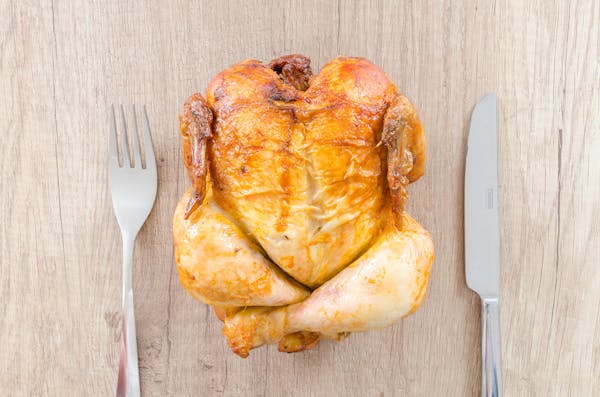Lose Weight the Right Way: The Baeknowmore Guide to Effective Weight Loss Diets
Weight loss can be a difficult journey, but with the right approach, it can be a success. With so many diets available, it can be challenging to determine which one is right for you. That's why Baeknowmore is here to help you sort through the options and find the weight loss diet that works best for you.
- Low Carb Diets for Weight Loss
Low carb diets, such as the Atkins Diet and the ketogenic diet, are based on the idea that limiting carbohydrates can lead to weight loss. The premise of these diets is that when you reduce the amount of carbohydrates in your diet, your body will enter a state of ketosis, where it burns fat for fuel instead of glucose from carbohydrates. As a result, the theory is that you will lose weight.
In a low carb diet, you will typically eat high amounts of fat and protein and limit your carbohydrate intake to a specific range, often 20-50 grams per day. The most commonly consumed foods in a low carb diet are meats, poultry, fish, dairy products, eggs, low-carb vegetables, and healthy oils like olive oil and avocado oil.
- High Protein Diets for Weight Loss
High protein diets, like the Dukan Diet and the Zone Diet, focus on increasing protein intake while limiting carbohydrates and fats. The idea behind high protein diets is that increasing protein intake will increase feelings of fullness and reduce overall calorie intake, leading to weight loss.
In a high protein diet, you will typically consume foods that are high in protein such as meat, poultry, fish, dairy products, eggs, and soy products. You will also eat low-fat dairy products, whole grains, and fruits and vegetables. The exact macronutrient ratios vary by diet, but typically protein makes up 30-40% of total calorie intake, carbohydrates make up 40-50%, and fats make up 20-30%.
- Plant-Based Diets for Weight Loss
Plant-based diets, such as a vegan or vegetarian diet, are diets that consist mainly of whole, unprocessed foods from plants. These diets are based on the idea that consuming a diet rich in whole plant foods will lead to weight loss due to their high fiber and nutrient content, which promotes feelings of fullness and reduces overall calorie intake.
In a plant-based diet, you will typically consume a variety of whole plant foods, including fruits, vegetables, whole grains, legumes, and nuts and seeds. Animal products, such as meat, dairy, and eggs, are typically avoided. Some plant-based diets may also include small amounts of animal products, such as dairy or eggs.
- Intermittent Fasting for Weight Loss
Intermittent fasting is a type of diet that involves alternating periods of eating with periods of fasting. The idea behind intermittent fasting is that by limiting the amount of time during which you are eating, you will reduce overall calorie intake and promote weight loss.
There are several different types of intermittent fasting, including alternate day fasting, the 16/8 method, and the 5:2 diet. In the 16/8 method, for example, you would eat during an 8-hour window and fast for the remaining 16 hours. In the 5:2 diet, you would eat normally for 5 days and consume only 500-600 calories on the other 2 days
Conclusion -
Each of these diets can be effective for weight loss, as long as they are followed in a way that is sustainable and consistent with your individual needs and preferences. However, it is important to remember that sustainable weight loss is most often achieved through a combination of healthy eating, physical activity, and lifestyle changes. Consult a healthcare professional before starting any new diet.
About Us -
Read Next :
Other Blogs :
Importance of Sports for Health
Thank you for reading our blog. We hope that you found the information provided to be useful and informative. We strive to create high-quality content that is both engaging and informative, and we are constantly working to improve our website and the content we provide. If you have any feedback or suggestions for future blog topics, please don't hesitate to reach out to us. We'd love to hear from you. Thank you again for your support and we look forward to continuing to bring you valuable information in the future.




